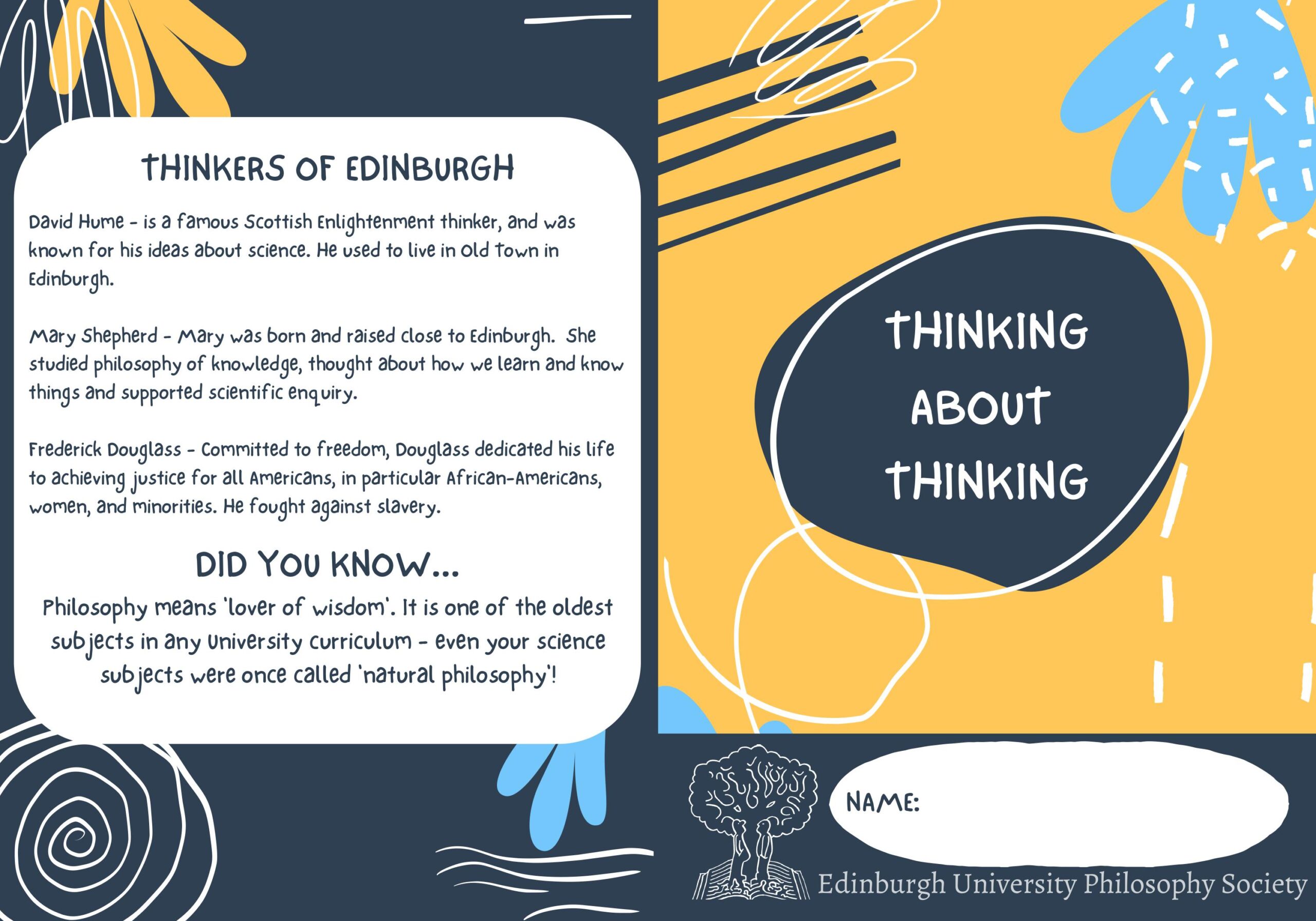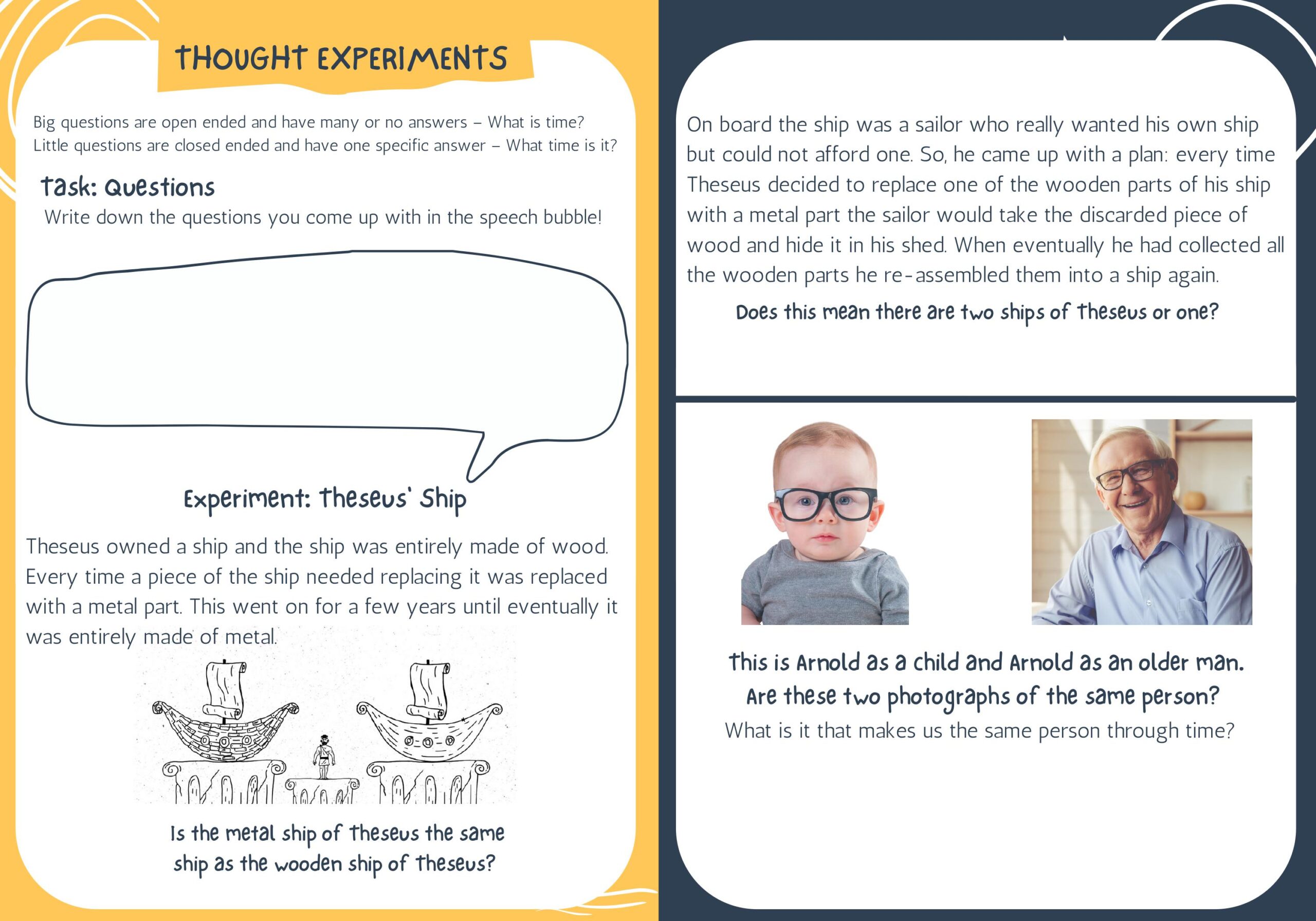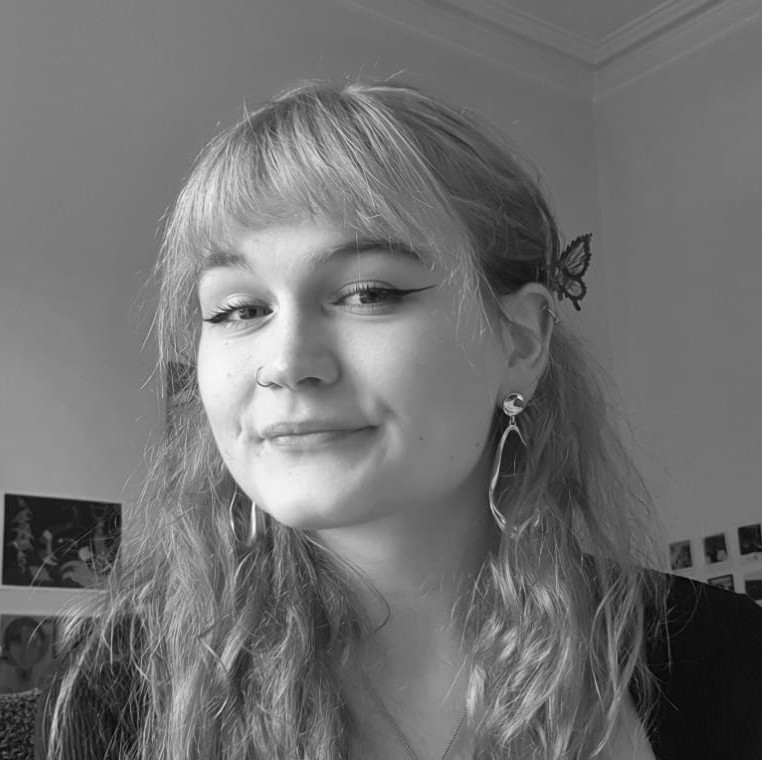
In this post, Monika Zon, an undergraduate Philosophy student at The University of Edinburgh, looks back at a series of philosophy workshops for schools that had been organised through Student Partnership Agreement funding. A collaboration between the University’s Philosophy department and student Society, the project aimed to widen participation in philosophy within secondary education. This post is part of the Student Partnership Agreement 2022 Hot Topic series.
With funding from the Student Partnership Agreement (SPA), the Philosophy department – in liaison with the Philosophy Society – has been able to deliver workshops with local schools and schools beyond Edinburgh.
What is ‘widening access’?
Widening access or widening participation (WP) in higher education is part of the government’s education policy in an attempt to increase the proportion of young people entering higher education from under-represented groups.
The University of Edinburgh’s WP team is a deeply dedicated and passionate team of colleagues who support a wide range of WP initiatives.
The project
The Philosophy department is already associated with some WP work, including being a part of the Sutton Trust Programme every summer, outreach in schools and prisons, and other projects. Unfortunately, a lot of these initiatives lost momentum due to COVID or just before.
The Philosophy Society’s committee has been working with the University WP team for over a year now. During this time, they were able to deliver online sessions to local pupil premium schools in philosophy. These sessions were mainly delivered for P7 students.

The sessions consisted of a booklet split into four parts. Firstly, the ‘house rules’ of philosophy are laid out and fallacies are discussed. No, you cannot call someone stupid for disagreeing with your argument. No, you cannot say an apple is red because it’s raining outside – your evidence needs to be related to your argument! Lastly, we present an opponent’s argument in its best light: it’s easy to argue against a weak argument – what makes their argument strong? Only then can we point out its weaknesses.
Pupils are then asked to come up with some ‘big questions.’ Some of our favourite questions proposed by students included:
- Are children born with language?
- Why do we have watermelons, but not firemelons or airmelons?
- Why does the sun exist?
Lastly, we explore the Ship Of Theseus experiment, allowing pupils to debate the thought experiment from different angles. You can find out more about the thought experiment and roughly how we explored it on the Philosophy Foundation website.

This year, the project was able to be transferred to in-person. A group of three to four volunteers would go to a school to deliver a session between 30 minutes and one hour long.
The Philosophy Society and department also collaborated with the University’s IntoUniversity team to deliver the session to S2 students who visited the university campus. Prizes for best contribution (in the form of books) were awarded.
Where travel was impossible, for example to schools in Nottinghamshire, the workshops were delivered online. Contact with schools outside of Edinburgh was made via students within the society that were alumni of the respective schools. Something that will be considered in the future is how to make this project accessible to a wider range of schools (and potentially year groups!)
Impact on the volunteers
Although this project has the primary school students at its core, it undeniably benefits our volunteers and university staff.
The volunteers found the experience not only ‘good for the CV’; everyone agreed that doing this felt rewarding in a very special way. When leaving the sessions, the volunteers were genuinely excited to continue with their day. One volunteer, a linguistics student at the University, said that “going back to [her] office job afterwards felt very deflating.” The sessions are not only a great source of work experience – they are genuinely fun to take part in.
On the less fun side, we ensured everyone partaking in the volunteering had training in working with young people but also working with WP students in particular. The Philosophy Society has worked to essentially convert the wider University WP training to a condensed version for their own sessions. Here, student volunteers got to learn about the often-unfortunate circumstances WP students can find themselves in, why their work is important, and the essentials of child protection.
Through this project, students not only had the opportunity to boost their employability but really enhance their understanding of social issues. The project also allowed the Philosophy department to feel closer to the Edinburgh community.
SPA’s significance
Thanks to the SPA’s generous fund, we were able to afford resources for the schools as well as transport for volunteers to make this project as accessible as possible.
We were able to afford to print workbooks to make the process easier for schools. We also included books with our visit: a copy of Sophie’s World and The Little Prince, both very philosophical in nature. This was to ensure that even after we left, children were able to continue exploring philosophy and philosophical themes.
A huge thank you to Catherine Bovill for her patience with us throughout, too!
If you are interested in hearing more about the project, please feel free to contact us at euphilosophysoc@gmail.com or on the Edinburgh Philosophy Society Facebook page. You can check out what we’re up to on our website and on other platforms.
Monika Zon
Monika is an undergraduate MA Philosophy student at The University of Edinburgh. She’s passionate about widening access to higher education, volunteering, and her dog, Fig. She’s heavily involved with the University’s Widening Participation Team, LEAPS, the Sutton Trust, and The University of Edinburgh Philosophy department and Society.


